From the Desk of Someone is purposed as a monthly blog post shared by a BCCS staff member. It will include general school information and updates as well as quotes and other thoughts to spark reflection.
What did I Hear?
Last week, as devotions began in the middle school hallway, a staff member and I heard a trendy pop song from one of the nation’s most popular artists blaring from one of our classrooms. After identifying the artist incorrectly and being corrected by my more hip and musically-informed colleague, my curiosity remained and I paused in the doorway to listen.
Stepping back, I am often asked what type of school BCCS is, and part of my answer always includes that we strive to provide an authentic, reformed Christian education. While that is a larger topic and conversation, what I observed that morning is a great example of what it means to be reformed as we prepare students for life in God’s Kingdom.
Now let's get back to my classroom observation from the doorway. At the conclusion of the song, the teacher asked students to think about the message they heard from the artist (it was not a positive one about who she felt she was). Looking at the lyrics, you can almost hear and feel the pain. Maybe you cannot relate to this, but I know I am guilty of the same feelings when looking at my own struggles and failures. However, immediately following that conversation, the class listened to “Love Me Like I Am” by For King and Country. The message is a stark contrast to what is heard in the first song. It talks about pain and brokenness, but also how God meets us there. The pop song leaves the listener with that pain. It does not offer a solution to or remedy for it, compared to the For King and Country song, which leaves the listener with hope and love.
This message is so important for middle school students who are continuing to ask and discover who they are. The message of God’s provision of grace and love amidst our own brokenness is vastly different from the worldly message of value found in one’s own self. Our value comes from our God. He claims us as His own. He gave his life for us regardless of our brokenness. He is the source of our hope and love. These are important and freeing truths. These are truths we must remember and rely on despite the messages found in pop (or any other) culture.
The Christian education we are blessed to provide includes excellent learning rooted in God’s Word, but it also includes preparing our students for what lies ahead. Having real, honest conversations about false narratives contrasted with the messages of Christ is just one small example of this. Teachers can even use a trendy song to spark a discussion about God and His story for us. Through the lens of creation, fall, redemption, and restoration, we can walk through real and difficult topics with students to help them develop discernment amidst brokenness. We believe it is incredibly important to practice seeking AND living in God’s truth now in order to truly prepare our children for the future. We do not expect (or allow) master electricians to enter the field without having completed years of practice as an apprentice. Here at BCCS, it is no different for training disciples of Christ.
A morning devotional is a great example of Christian teachers sharing their own faith stories! The best part is that is only a small part of the work they are doing each day to help our students. Want to know more about what that looks like on a daily basis? Click here!
Andrew Reidsma
Director of Operations and Family Relations






